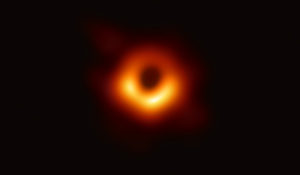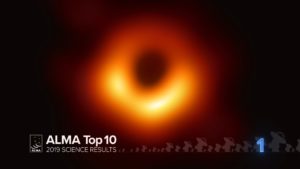Since the gravitational force due to an object is proportional to its mass divided by the square of the…
Select :
AsteroidsBlack HolesCareers in AstronomyCelestial EventsCometsConstellationsCosmic DistancesCosmic Microwave BackgroundCosmologyExoplanetsGalaxiesGravity WavesHoaxesMoonPhysicsPlanetsRadio AstronomyScientific MethodSETISolar SystemSpace ProbesStarsSunTelescopesUnexplained Celestial Observations


Can High-Energy Photons Escape a Black Hole that Absorbs Low-Energy Photons?
Any object, including light, that exists inside the event horizon of a black hole is doomed never to escape…

How to Calculate the Gravitation Force from a Black Hole
Newton’s law of universal gravitation is as follows: F = GMm/r^2 where F is the gravitational force (in Newtons),…

When Does a Neutron Star or Black Hole Form After a Supernova?
A neutron star that is left-over after a supernova is actually a remnant of the massive star which went…

Is Light Red or Blue Shifted When it Bends Around a Black Hole?
I believe that the light you see returning from the black hole will be redshifted, due to the General…

What Would a Planet Mass Black Hole Look Like?
As a black hole of any mass is in most cases detected due to its gravitational influence on nearby…





